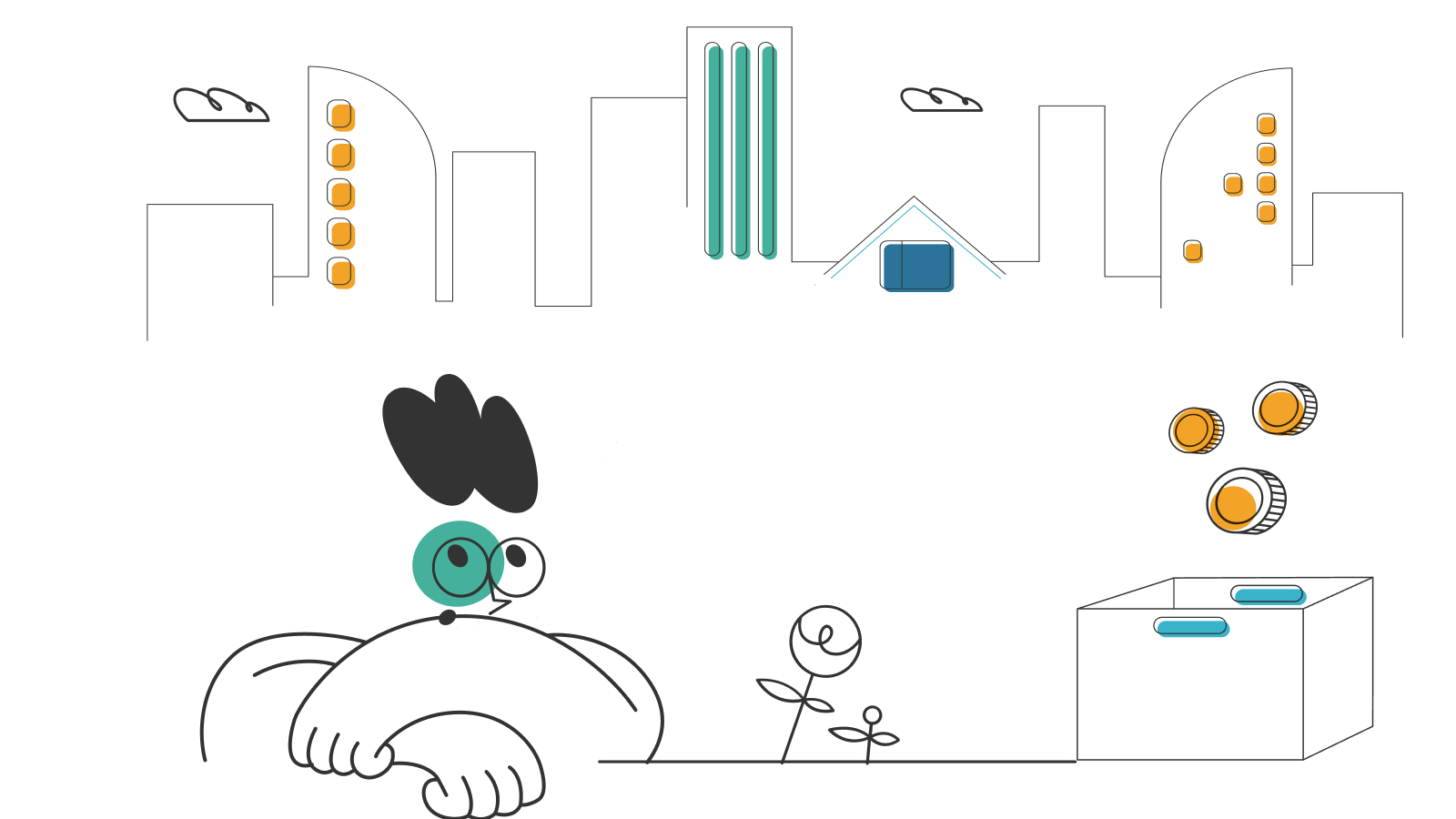Modems vs Routers: What’s the Difference?

Curious what internet and TV plans are available locally?
Enter your address to find out what providers and plans are available to you.
Whether you want to boost your wireless signal or simply have reliable Wi-Fi, a solid router and modem are essential. Modems and routers work together to deliver a connection from your internet service provider (ISP) to your home or business. But, what’s the difference between these devices?
In this guide, we explain what modems and routers are, list some common manufacturers, discuss differences between these devices, and answer some frequently asked questions.
What is a modem?
A modem is a device that connects your home network to the internet. It receives electrical signals from your ISP and translates them to into digital data for your devices like laptops, smartphones, and smart TVs to use.
All ISPs offer modems to their customers but they might come at a price, namely a monthly fee of around $15. If you’d like to save on monthly costs you can consider purchasing your own modem but before doing so, you should check to see if it’s on your ISP’s approved list. The following modems are popular and are compatible with a number of cable internet providers:
- Motorola MB762 – This is a high-performance modem compatible with most cable ISPs and is Xfinity certified. If you’re a Xfinity customer, you can go for this modem and be sure that it’ll work, but for other providers it’s best to check with your ISP to ensure compatibility.
- NETGEAR CM500 – This modem is compatible with all major cable providers for speeds up to 400Mbps.
If you are a DSL or fiber internet customer, your choices are more limited. It’s better to check the ISP’s approved list before shopping for a modem to ensure compatibility.
What is a router?
A router is a device that communicates between your modem and devices, such as computers and smartphones. It creates a local area network (LAN) that allows your devices to connect to a wired or wireless (Wi-Fi) connection. Without a router, you would have to plug each device directly into a modem using an Ethernet cable, limiting your connectivity and range.
You should pick a router that meets your needs in terms of how much coverage you need for your home, how many devices you connect to the internet, and where you plan to place the router. These devices give a better wireless connection if you place them near the center of your home, away from large appliances and other obstructions.
The following routers are high-performance options. Most of these devices support Wi-Fi 6, the latest, fastest wireless standard for small and big families, remote workers, and pro gamers.
- TP-Link Deco W7200 – A tri-band mesh router that supports speeds up to 3600Mbps.
- Netgear Orbi (tri-band, AX6000) – A tri-band mesh router that supports speeds up to 6000Mbps.
- Asus RT-AX86U – A dual-band router with high performance and low latency that supports speeds up to 5700Mbps.
Comparing modems vs routers
The fundamental difference between modems and routers is that a modem helps you connect to the internet, and a router connects your devices to your local Wi-Fi network. A gateway, or a modem/router combo, is a device that can do both jobs to provide you with a wireless connection.
All modems work the same way and are generally easy to set up, but what makes them different is the standard they support since these modems have different internet speed capacities. The modem standard is called “data over cable service interface specification,” or DOCSIS. Newer modems use DOCSIS version 3.0 or 3.1. Other versions like DOCSIS 2.0 are still included with some modems but this standard is quickly on its way to becoming obsolete. As mentioned earlier, be sure to check if the modem is compatible with your ISP.
Frequently asked questions (FAQs)
What is a gateway?
A wireless gateway, or router/modem combo, is a single device that combines the functions of a modem and a router. Using this device, you no longer need two separate wired devices. It’s easy to set up and saves you space.
What is a mesh network?
A mesh network is a type of LAN that allows for faster speeds, better reliability, and greater Wi-Fi range than what a single router can deliver. It uses several routers to extend your Wi-Fi signal, meaning you’ll have an internet connection in every corner of your home. These routers, or nodes, are small devices that are connected to the primary router in your home.
What does a Wi-Fi router do?
A Wi-Fi router connects to your modem to send and receive data from the web without wires. It’s like a modem antenna that provides you with a wireless connection. You can use it to connect with the internet and other smart devices.
Should I rent or buy a modem or router?
Most ISPs will rent you their equipment (modems, routers, or gateways), which typically costs around $15/month. Along with their rental equipment, ISPs also offer you technical support, and equipment upgrades. Plus, you don’t have to worry about whether the equipment will be compatible with your internet service.
However, renting your equipment is often more expensive in the long run. If you are more interested in saving money, investing in your own equipment may be the best option for you. Buying your own equipment allows you to get the best internet experience and save money in the long-term.
*Pricing varies by location and availability. Speeds may vary. All prices subject to change; for current pricing and availability visit our internet service page. Prices as of 4/4/22.
Disclosure | Updater articles are based on our own data and research, independent from partner relationships. We are not compensated by partners for information and opinions presented here. Our Editorial Terms of Service can be found here.
Curious what internet and TV plans are available locally?
Enter your address to find out what providers and plans are available to you.
Internet and TV tips
Switching providers and don’t know where to start? We can help.














